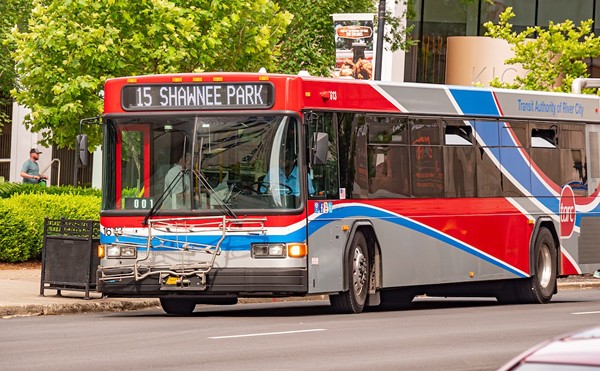After suffering from a series of headaches that increased in severity over the course of a few months one summer, I took the old man to the hospital, and he was diagnosed with an inoperable brain tumor. They said he had as little as two weeks to live. The doctors were not prepared for his reaction to this news. He laughed! He spun around on his heel and clapped!
I had been tending to and learning from this man for more than three decades, and I had never seen him express despondency. Every conflict and challenge was answered with a spark of excitement. It was as if the apparent absence of a solution to a near-impossible challenge was the most precious fuel that drove his spirit’s machine. I had seen it countless times, so I wasn’t surprised by his sudden joy; I knew it disguised a real fear for what was at hand, but the trick of turning fear into excitement was one he had taught me when I was very young.
I had been getting bullied by a kid at school. As soon as we got off the bus at the same stop, he’d start pushing me. He threw my books on the ground. That type of thing.
One time, I got up from my seat on the bus as we approached our stop and sat down in another seat. The bus was crowded, so the bully didn’t see where I went. He got off the bus, and I heard him say, “Where did he go?” I rode to the next stop and walked a couple extra blocks to get home.
The old man cheered my effort when I told him about that, but he said the same trick wouldn’t work again, and he was right. The bully really came after me the next day. Cleverness wasn’t going to impress him.
The old man’s eyes flashed wild, and he shared with me an incantation. He said to hold my hands in front of me in just such a way and to say these scary-sounding words. He made his voice all gravelly and creepy. He rolled his eyes up in their sockets. He looked pretty funny, and he knew it. He said, “You’re really gonna have to sell it, but that should work.”
Sure enough, the next time the bastard came after me, I turned to him and held my hands up like the old man had shown me. I rolled my eyes up in my head, and I said those creepy words in the deepest voice I could manage, and the guy was so freaked out, I started to laugh. He pushed me and I fell down, but it was about as funny as could be. I can’t explain it.
Throughout the next few months, the old man showed me how to do a leg sweep and how to aim a fist into my opponent’s solar plexus. I ended up using those tricks, too, but I had a growth spurt that year that put me a couple inches taller than most of the kids at my school, so the bullying stopped cold, pretty much.
The tumor didn’t advance nearly as fast as the doctors had expected. The old man didn’t show any additional signs of decline — not for several months. The headaches persisted, but we would greet them like visitors. When he felt the coming of that pain, he would make his way to the kitchen and brew a pot of tea. He would set the table for all of those assembled, the two of us and whoever else might be present, and he would set an extra place for the headache.
He would serve us, and we would drink, mostly in silence, meditating, and when we were done, he would turn to the empty space and invite the invisible attendant to leave.
“I know you have other, more important places to be, my friend,” he would say. “Travel safely.” We would sit for a moment longer, and then we would return to our conversation, activity or rest, whatever the headache had interrupted, and, it seemed, the old man’s pain was gone.
This went on for almost three years. He was finally struck down by a brain hemorrhage. His neighbor found him on the ground in his carport. He was apparently running an errand to get a fixture for the sink in his basement.





